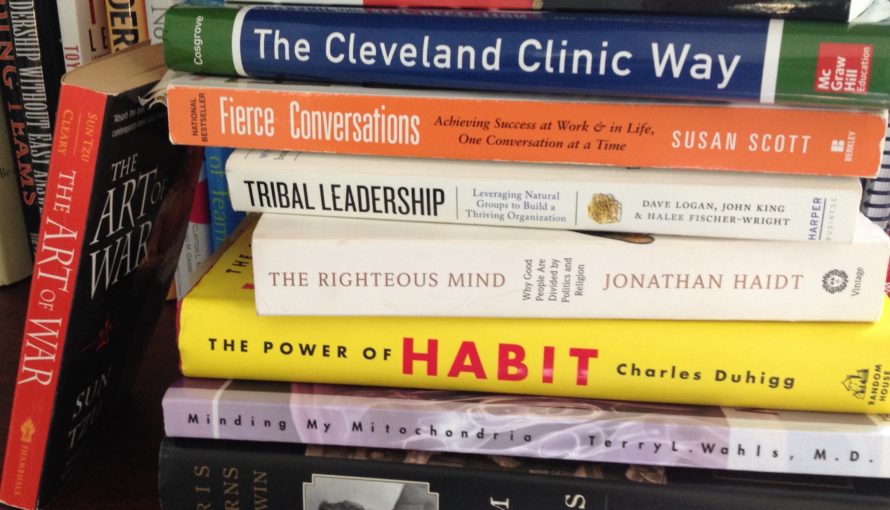12 Intriguing Leadership Reads

Here is a list of leadership books that we frequently turn to in preparing our work.
-
Team of Rivals – Doris Kearns Goodwin
A captivating story of leadership from the perspectives of three men Lincoln selected for his cabinet, all of whom were his opponents for the 1860 Republican nomination: Edward Bates, Salmon Chase, & William Seward. All were rivals for that nomination and originally disdained him. Lincoln not only convinced them to join his cabinet, he ultimately gained their admiration, respect, and expertise as they together led the U.S. through one of its darkest periods. Kearns Goodwin is one of the greatest historians of our time, weaving this story from 10 years of research in the rich trove of diaries, notes, letters, and correspondence these men wrote. In spite of the hundreds of books on Lincoln, no others were written from this perspective.
-
Leadership on the Line – Ron Heifetz, MD & Marty Linsky
One of the least written about aspects of leadership is the inherent danger and risk that can jeopardize countries, companies, organizations, and careers. By laying out the dangers and ways to address and move through them, the book provides a useful blueprint for how to disturb the status quo, bring conflict to the surface, and move forward. The authors, both Harvard professors with backgrounds in medicine and law, provide a great framework through which to examine situations and determine actions.
-
The Righteous Mind, Why Good People Are Divided Over Politics & Religion – Jonathan Haidt, Ph.D.
A moral psychologist at the NYU Stern School of Business, Haidt draws on surprising neuroscience research that shows how moral judgments arise from deep feelings and intuition rather than reason. If you’re open to new ways of seeing old dilemmas, this book can help replace anger and disdain with understanding. If you’re really intrigued by this one, you may also enjoy, Thinking, Fast and Slow by Daniel Kahneman. It’s a tome of a book but includes fascinating discoveries and explanations about economically irrational behaviors. Kahneman, professor emeritus at Princeton, won a Nobel Prize in Economics for his research, one of the few non-economists (he’s a psychologist) in the history of the prize.
-
Please Understand Me, II – David Keirsey, Ph.D.
This is a comprehensive overview of temperaments that’s as memorable as it is useful. Thus it’s a great resource for understanding how and why people behave as they do. Be prepared, it’s not a breezy read. There are plenty of details and it’s packed with background information.
-
Fierce Conversations – Susan Scott
One of the most practical books I’ve found on how to get to the heart of an issue through conversations that go beyond the surface. For those who have a difficult time confronting conflict, it’s a great resource. Even if you are comfortable in conflict, it can help you examine how to be more effective in those situations.
-
The Art of War – Sun Tzu
Leadership and strategy are inextricably linked. Business and organizational strategy have their genesis and roots in military strategy. The Art of War is the first recorded book on strategy. It’s also about leadership. AI continues to be required reading in many cultures despite it’s age — written over 2500 years ago. If you’re a fan of early military strategy, On War by Carl von Clausewitz is one of the first books on modern military strategy. It’s based on notes Von Clausewitz wrote from his experiences in the French Revolution and Napoleonic Wars that his wife compiled and published after his death.
-
Guns, Germs & Steel – Jared Diamond, Ph.D.
A short (not really that short) history of the world’s last 14,000 years showing how geography and environmental factors have shaped human development. In doing so, the author dismantles racially based theories of development and provides new insight and understanding into human societies. It’s not often you find a scientist who writes with such literary skill. His sequel, Collapse, shows how the decisions of human societies, especially when faced with environmental changes, have led to their survival or demise.
-
Leadership & Self-Deception – The Arbinger Institute
Perhaps the hardest aspect of leadership is seeing how we deceive ourselves. Consequently we use that deception to justify our actions. I call this the “Ph.D. in a box” because it neatly weaves complicated leadership theories into a story that’s eminently readable, relatable, and useful. If you’re interested in seeing how some of these concepts have been put to wide-scale use, go to www.bwater.com and read the company principles written by co-founder Ray Dalio. Although long, its theme is radical transparency and is one of the reasons Mr. Dalio cites for the success of the company he co-founded in 1975; now the worlds largest and most successful hedge fund. I don’t know if he ever read Leadership & Self Deception, but the principles read as though he has.
-
Drive, The Surprising Truth About What Motivates Us – Daniel Pink
A powerful writer, Pink takes new research in motivation and makes it not only readable, but fascinatingly applicable. Much of the new research cited picks up on motivational research that was groundbreaking 40 and 50 years ago. Pink explores how this body of work has been added to and refined. This book will make you think twice about bonuses and other popular tools for motivation.
-
Younger Next Year – Chris Crowley & Harry Lodge MD
A critical aspect of leadership is having the energy to drive and sustain efforts over time. Yet leadership literature is practically devoid of the relationship between personal health and leadership. Because of our own actions, perspectives, and habits, there may be a physical toll. Many people reach the pinnacle of their careers after age 45. Thus, the downward slope of physical aging can contribute to a mindset of “this is what to expect at my age.” Consequently, the authors challenge the reader to think and act in different ways. Lodge is a gerontologist and Crowley, in a sense, is the patient reporting out on practical ways in which he’s used the doctor’s advice.
-
The Power of Habit – Charles Duhigg
Habits shape our lives, whether or not we’re aware of them. Once aware, we then have a choice. We have the ability to shape our own future or that of our organization. Duhigg is a NY Times writer who has delved into the research on habits of individuals and organizations. His book is a great read on how to build awareness of habits. Consequently, we can diagnose effective change through habits. Duhigg is quite masterful at taking the complex topic of neuroscience and writing in layman’s terms. Using dynamic examples, he brings the science of behavior change to life.
-
Give and Take – Adam Grant, Ph.D.
It is a common notion that what goes around comes around. The phrase describes how what we give out to others eventually comes back to us. Putting his own research to this notion, Grant presents evidence that shows how givers usually come out not only more satisfied, but successful too. Grant is the youngest tenured professor at the University of Pennsylvania’s Wharton School of Business.

